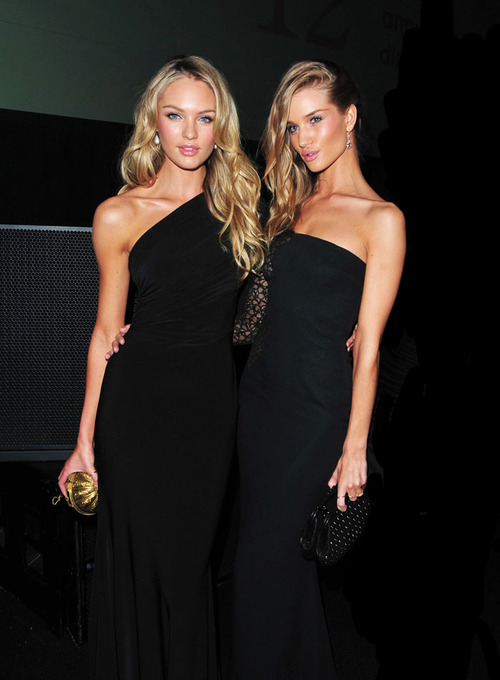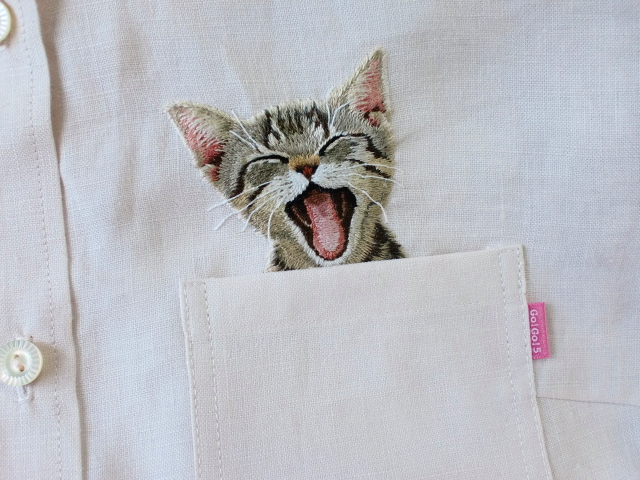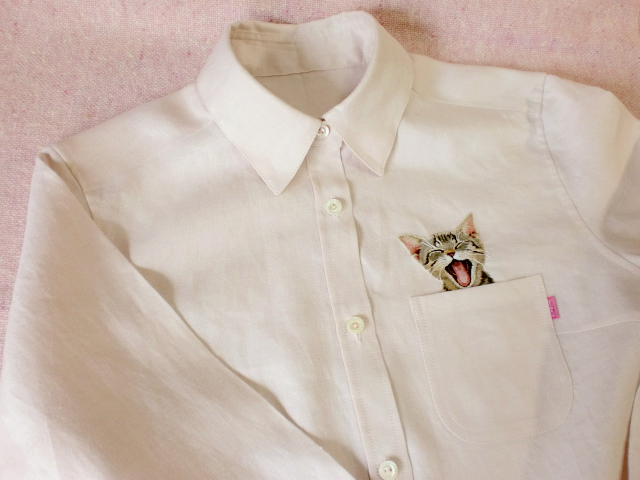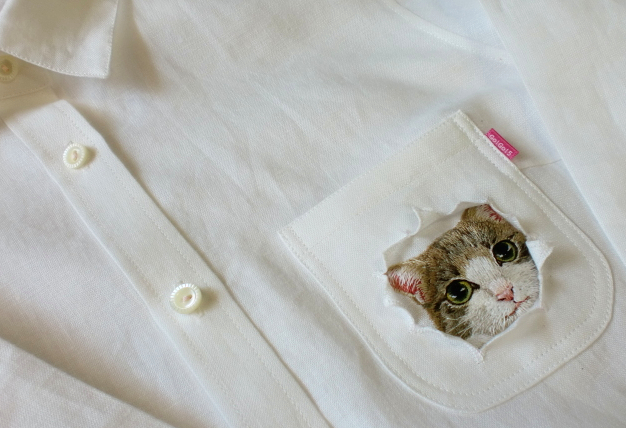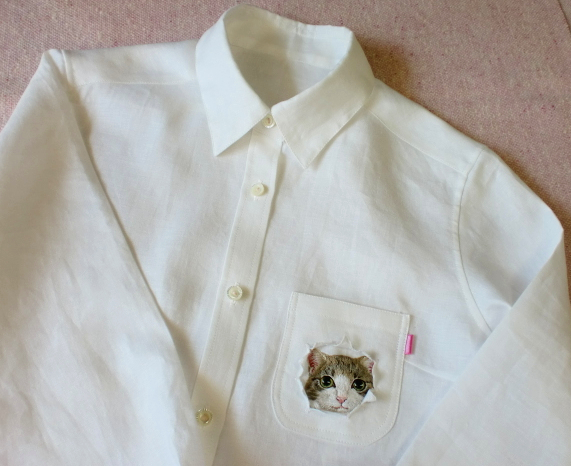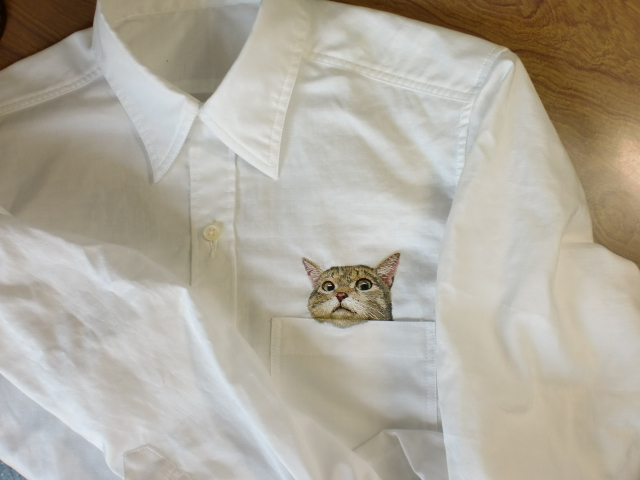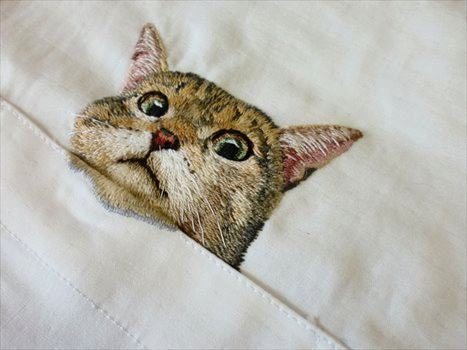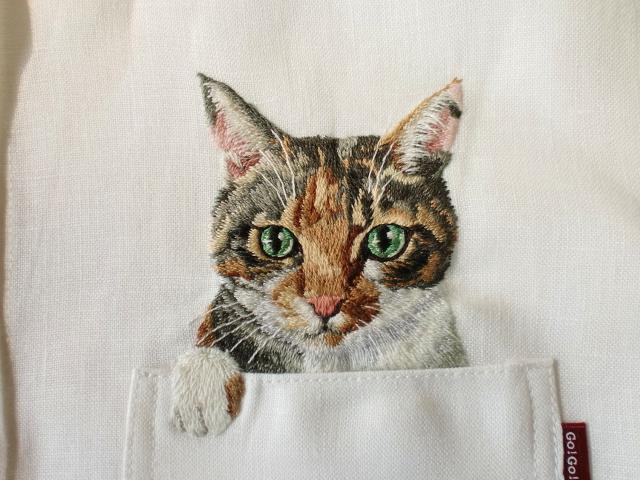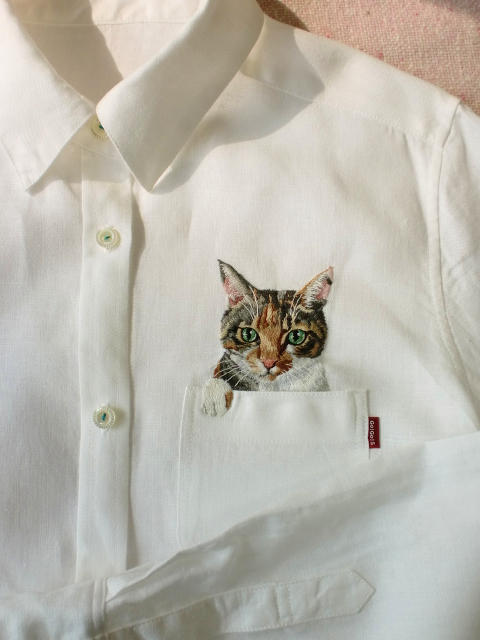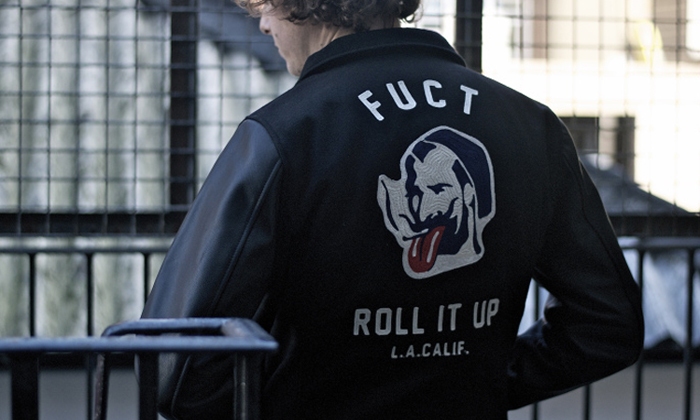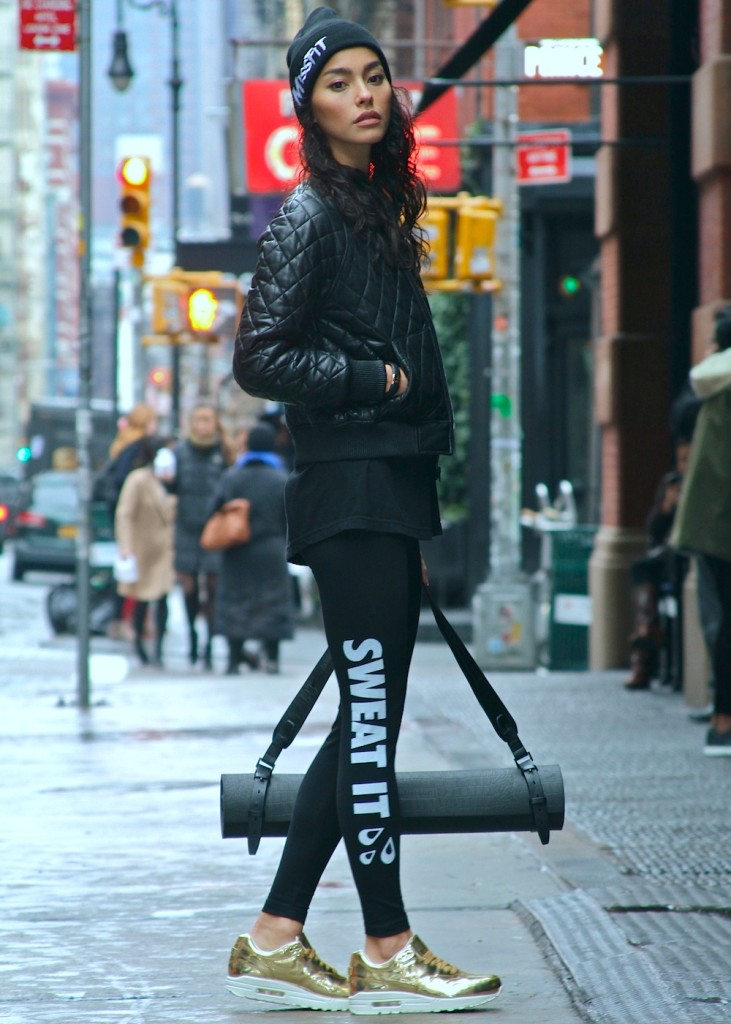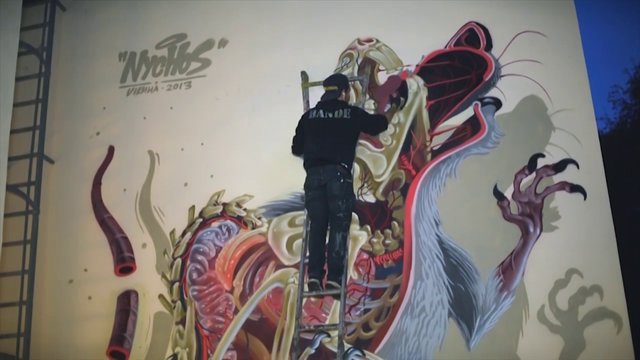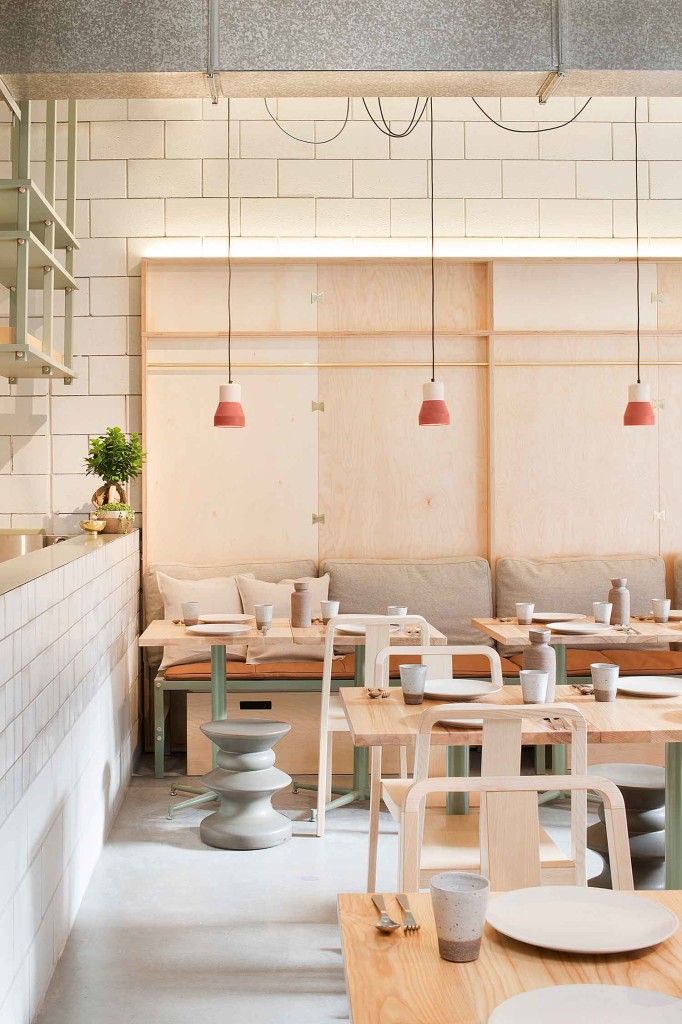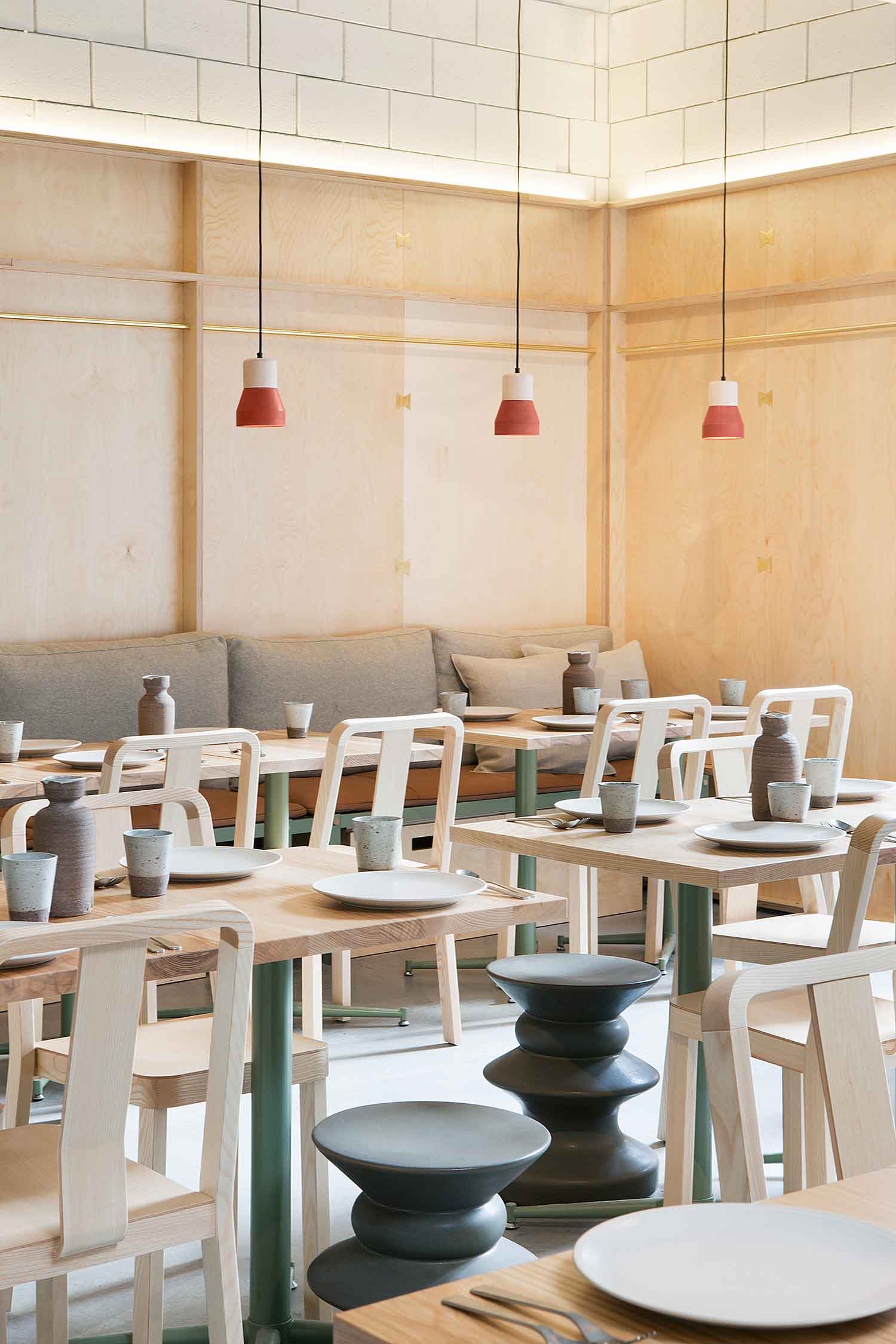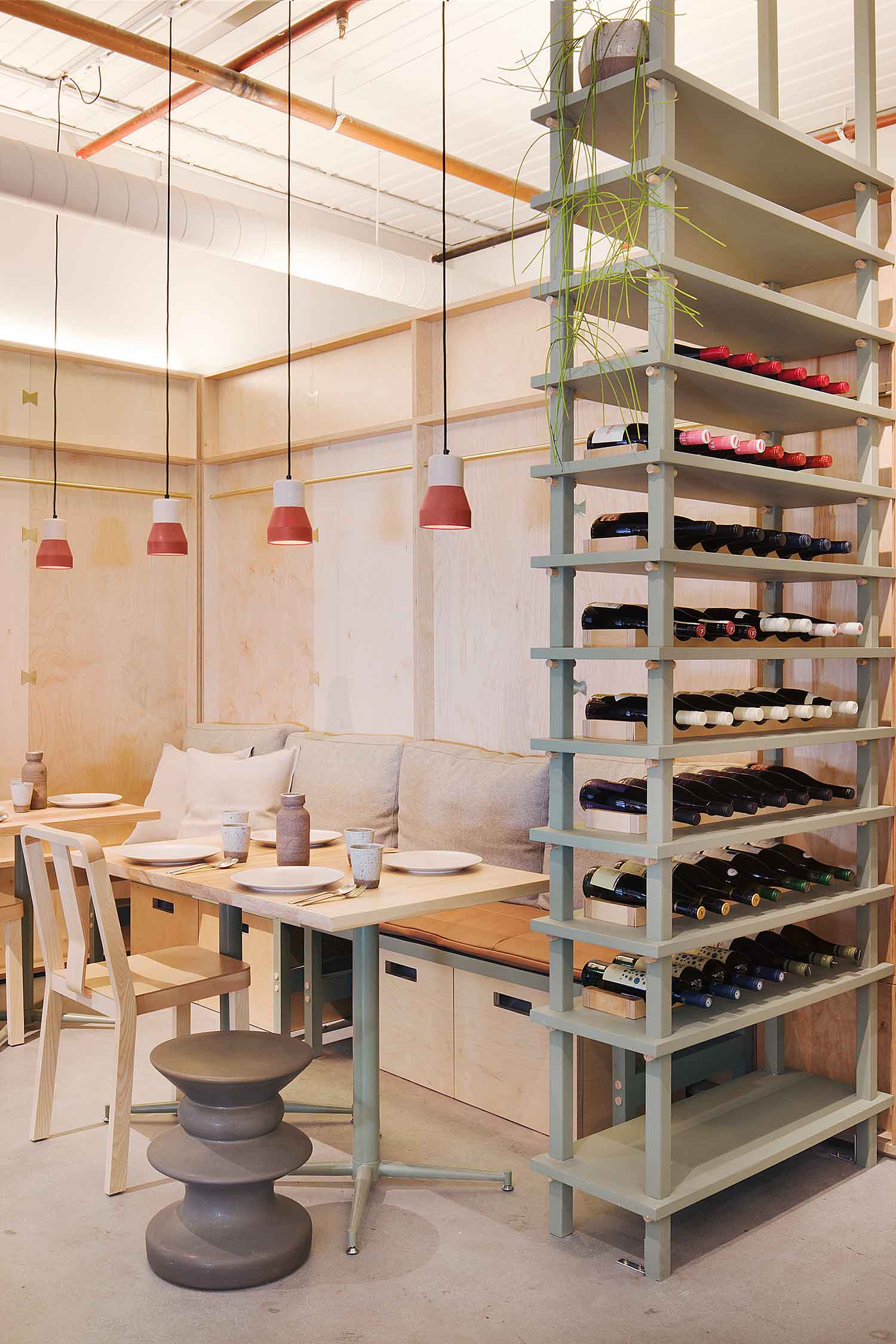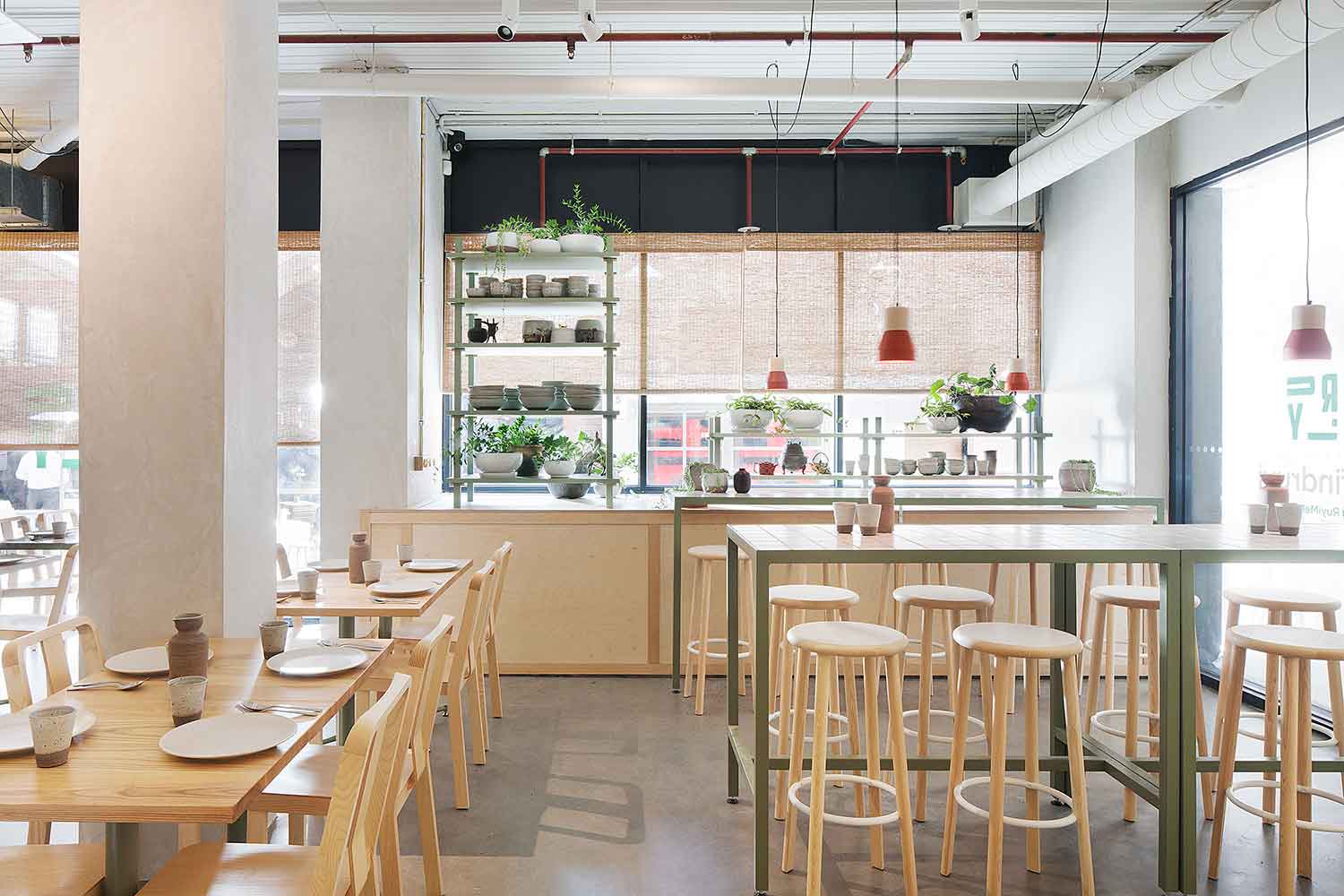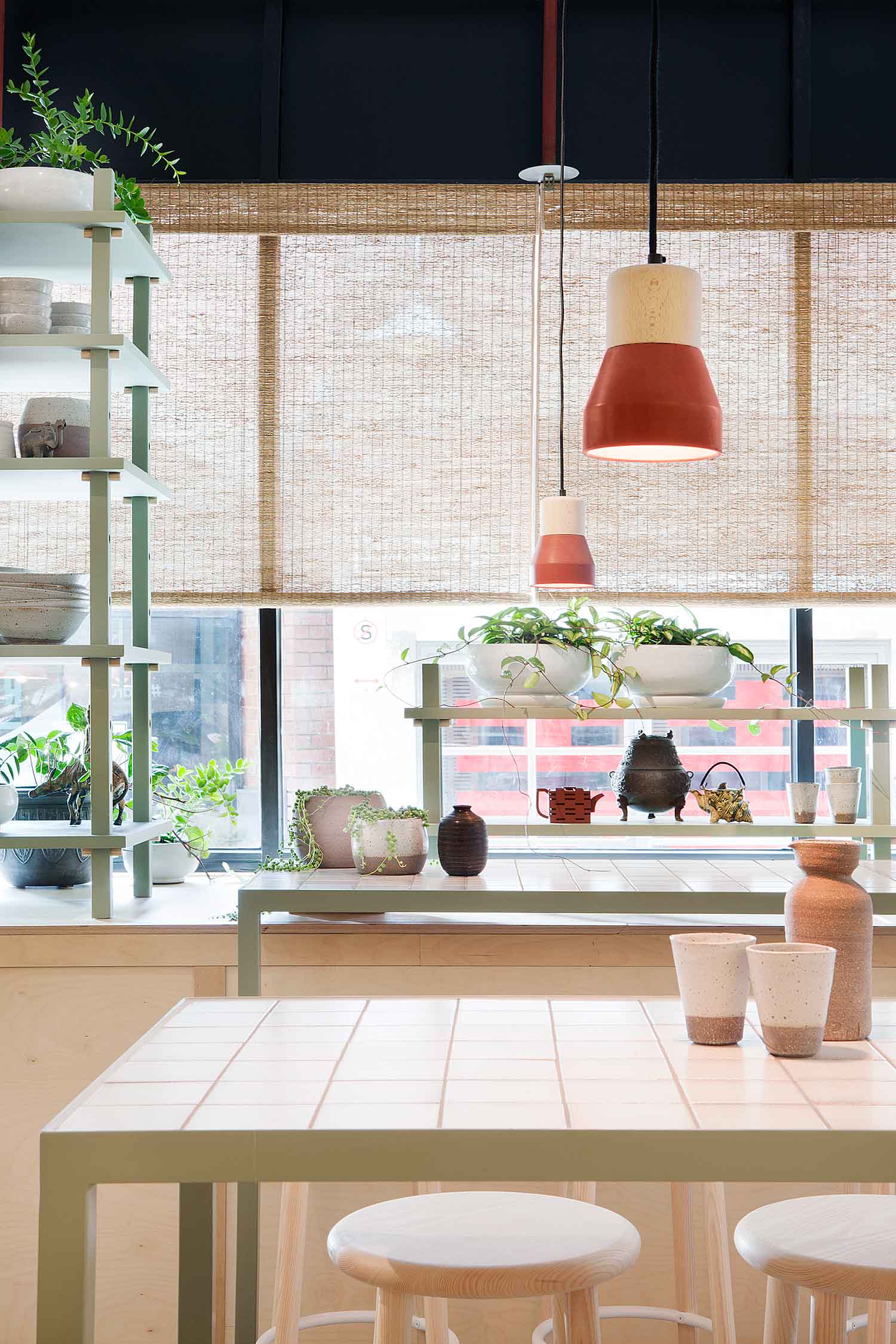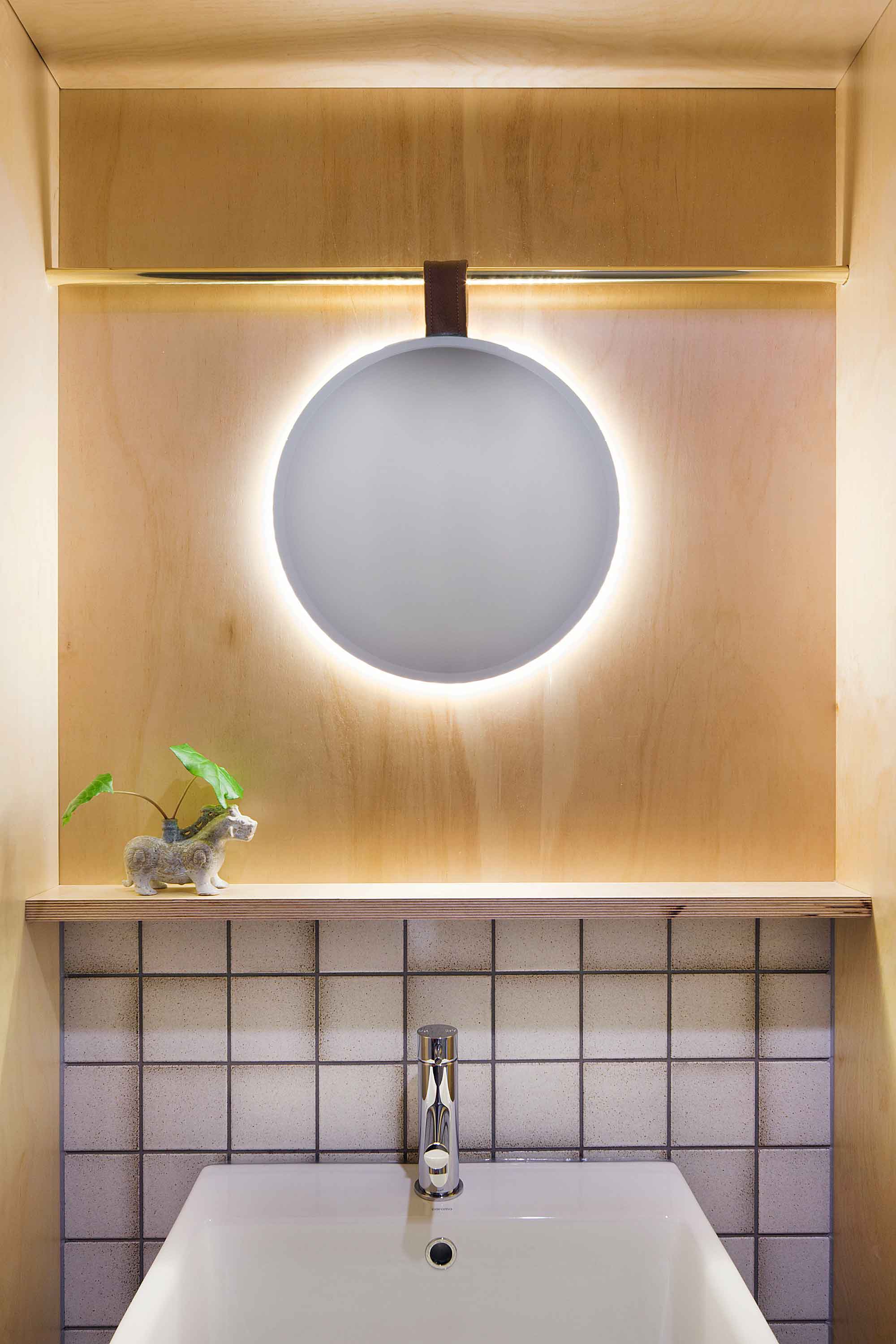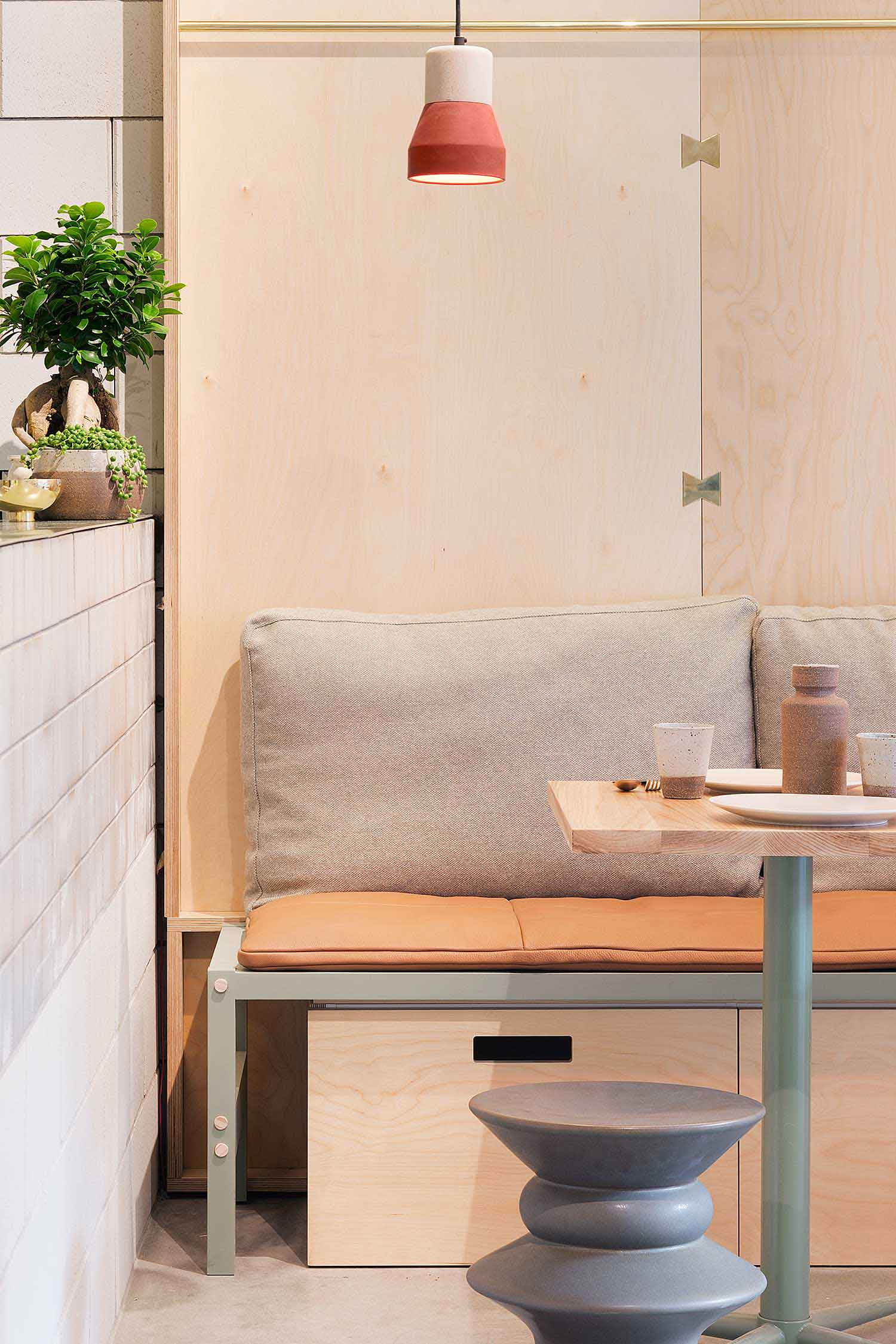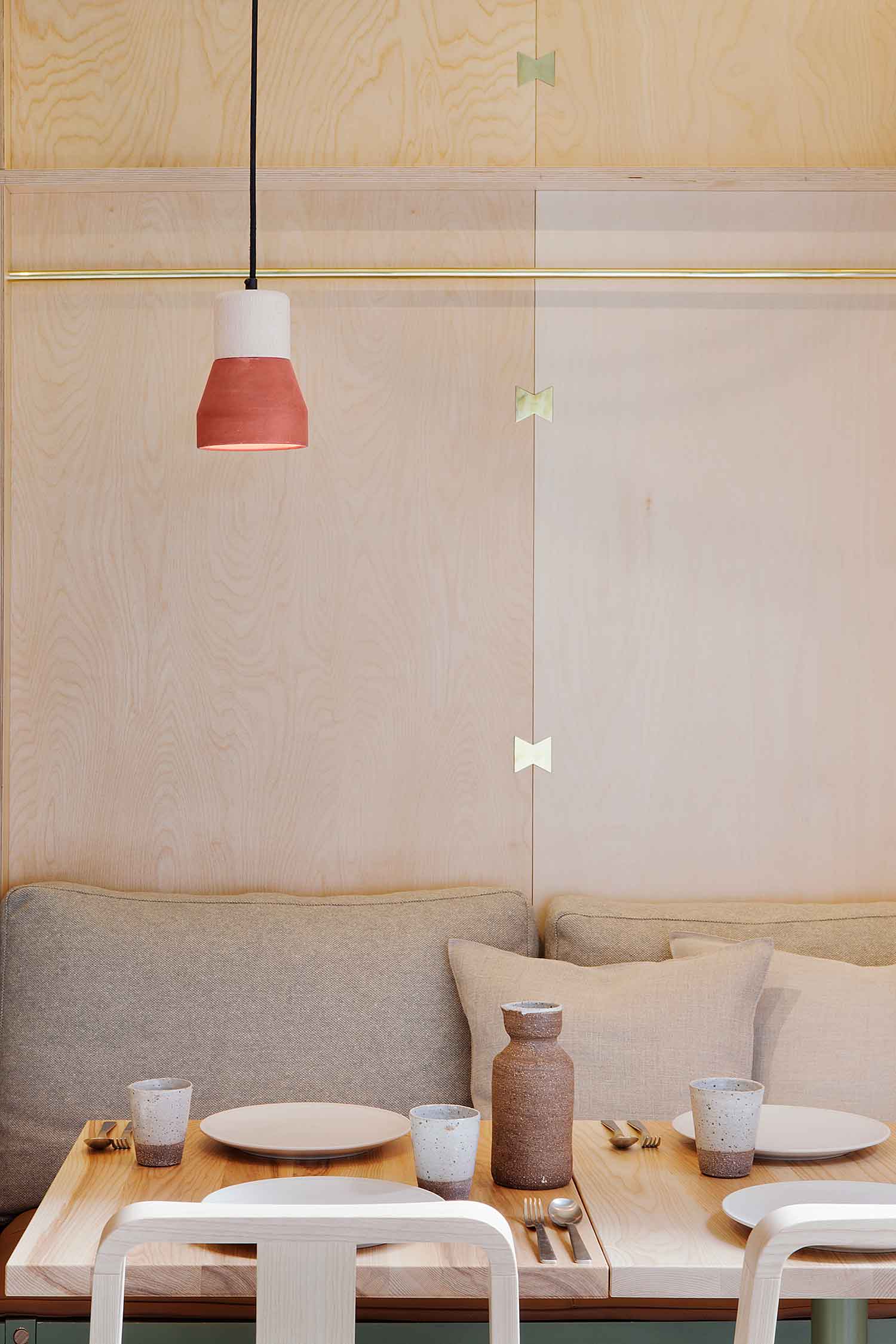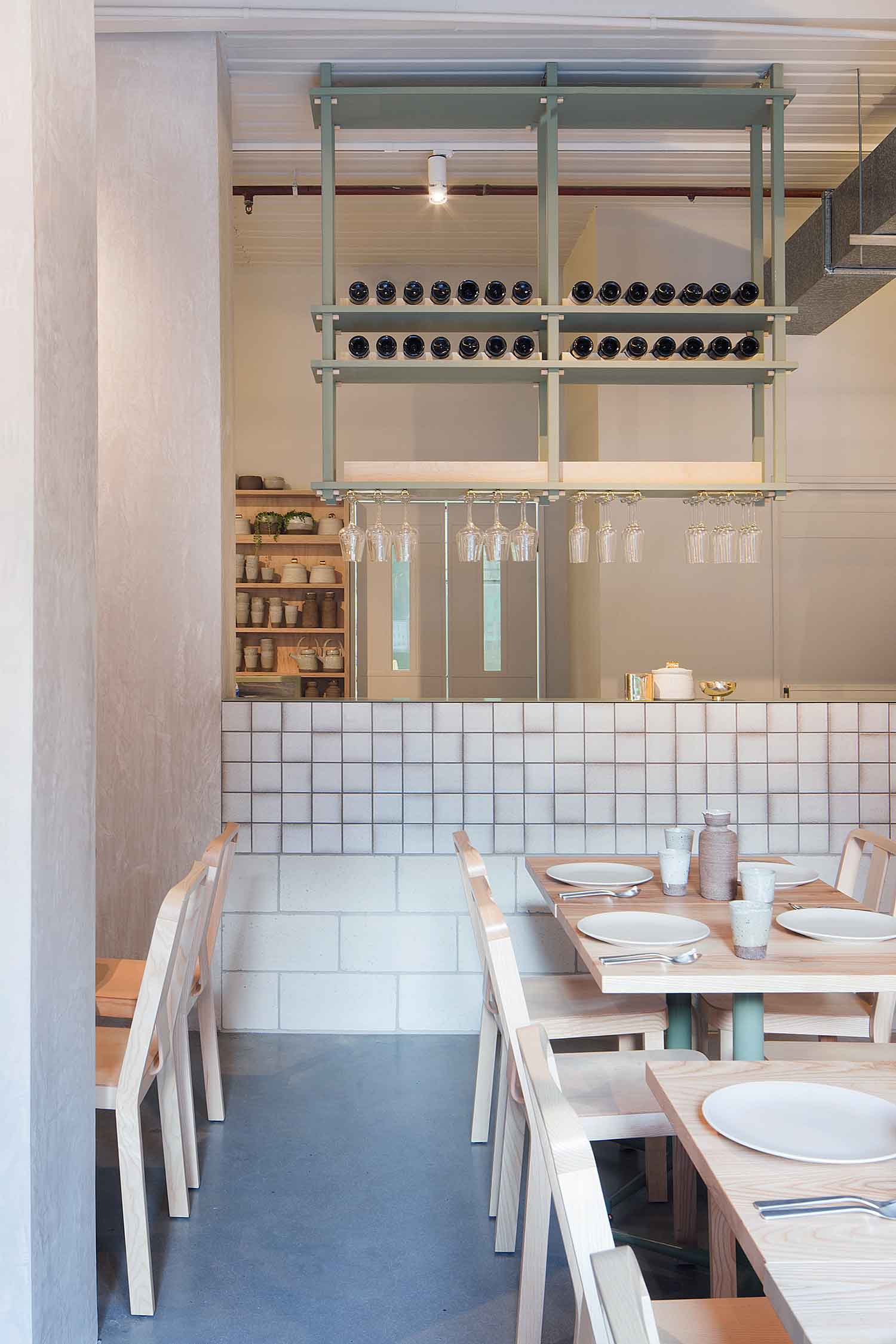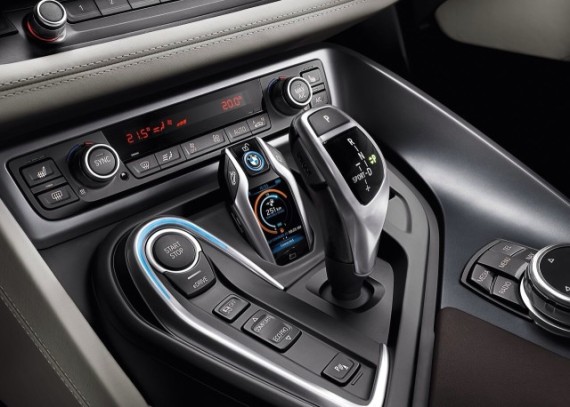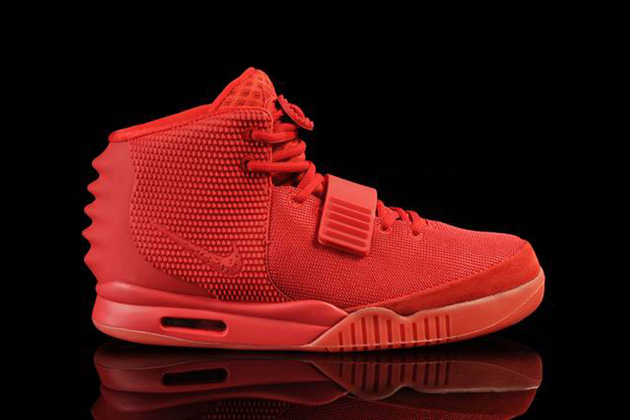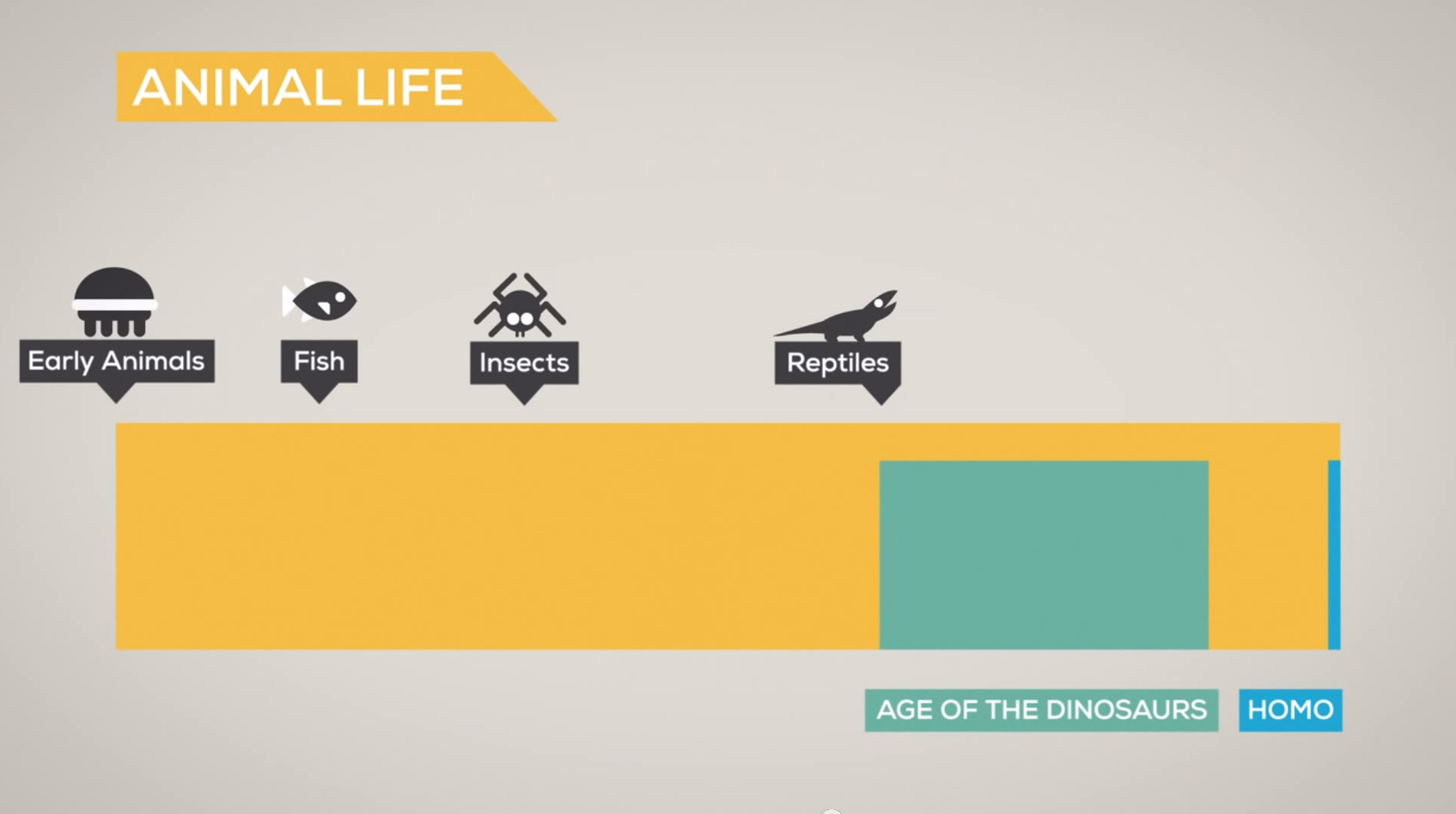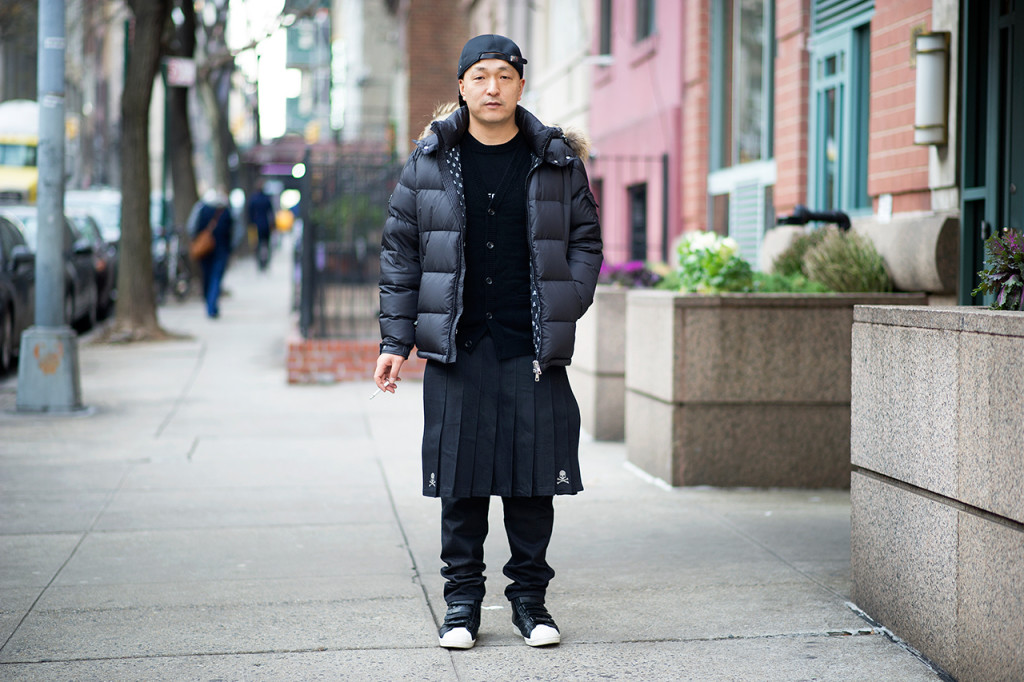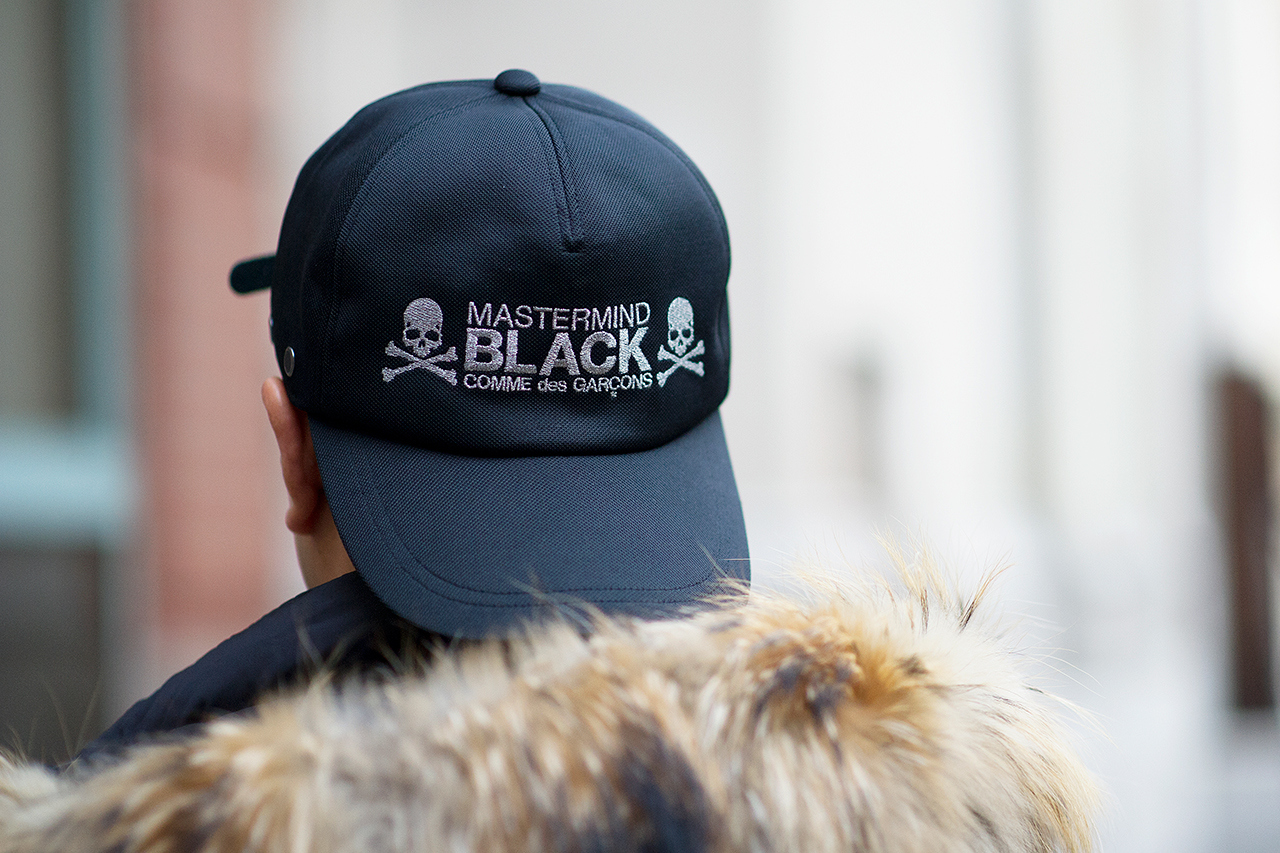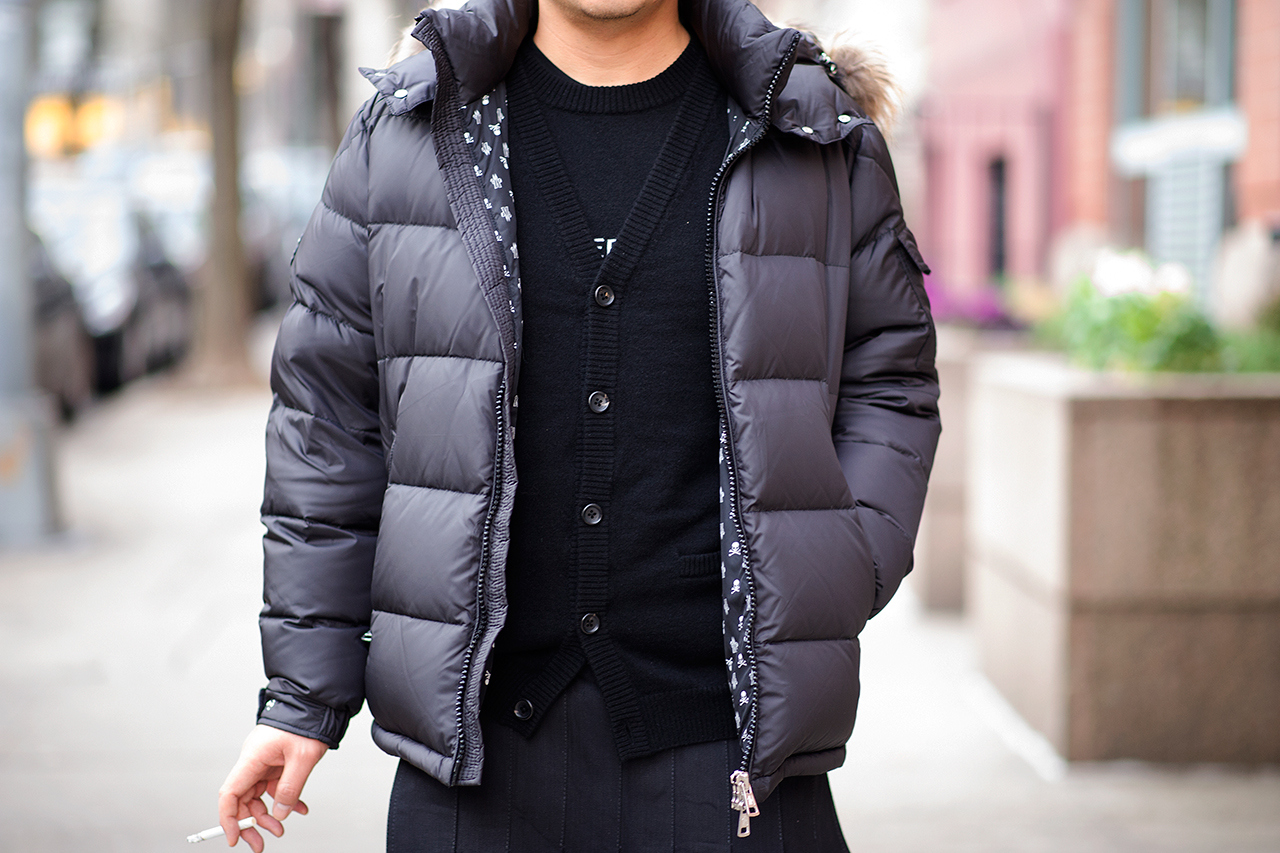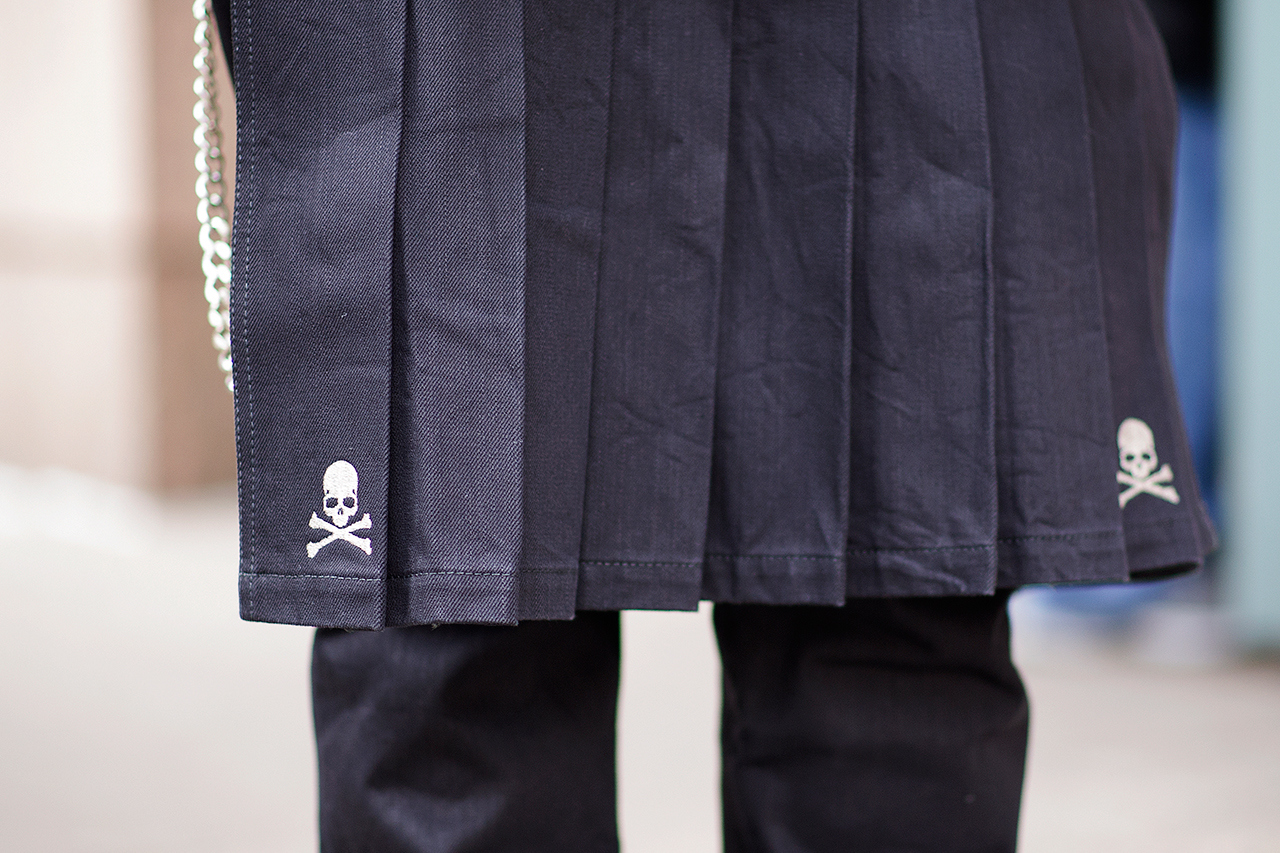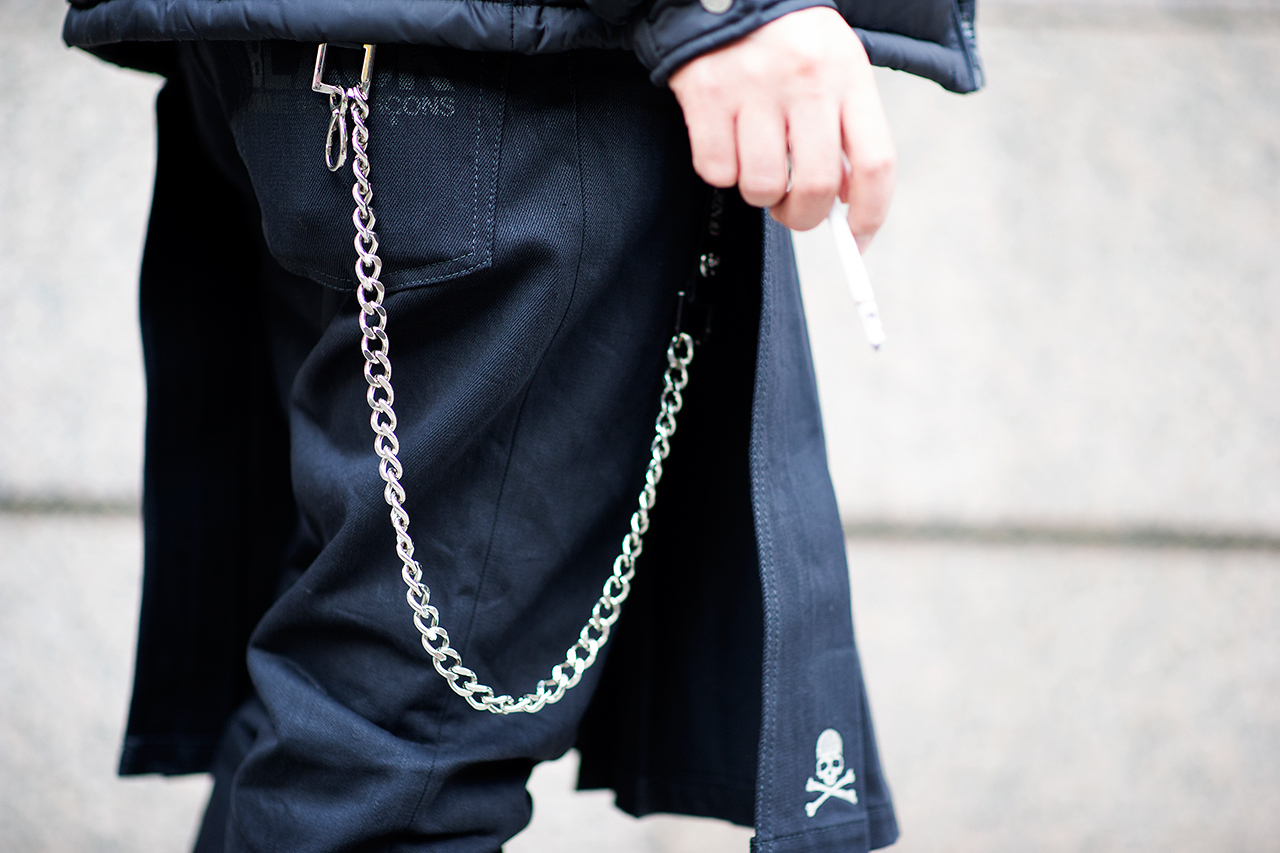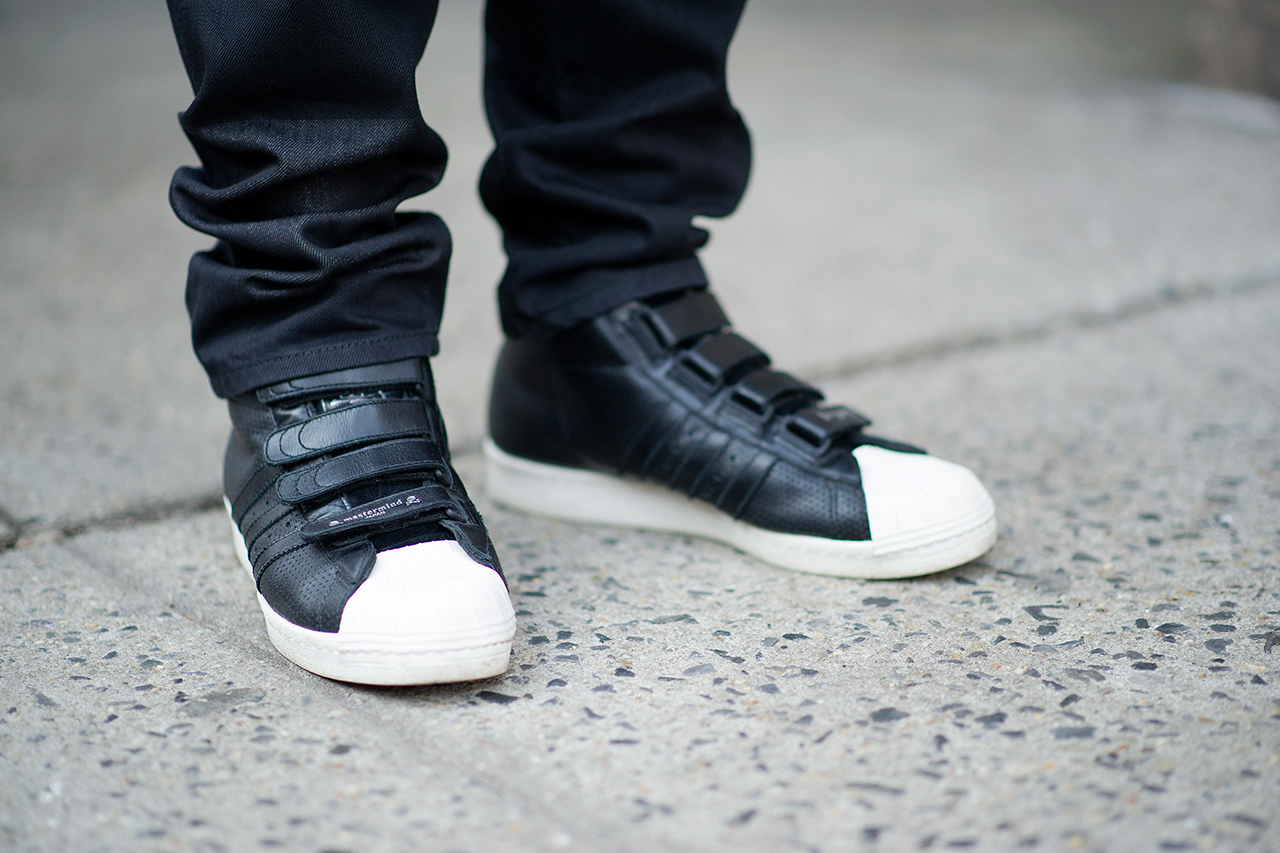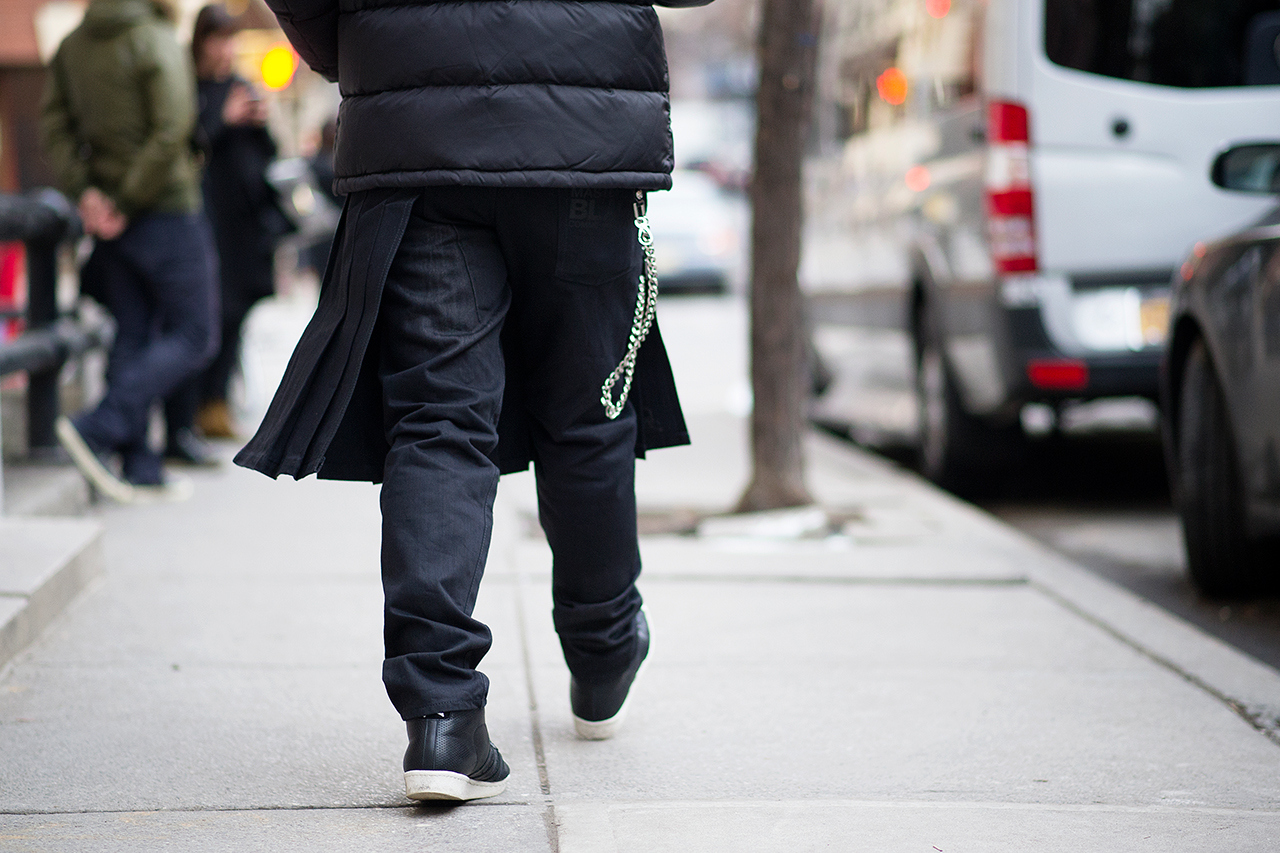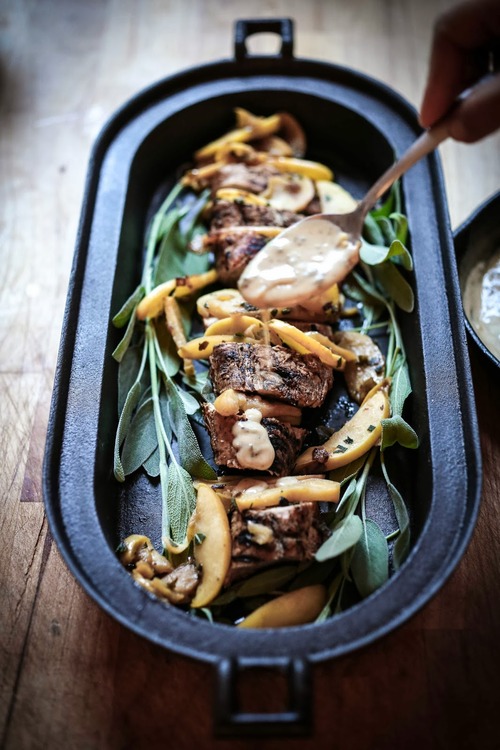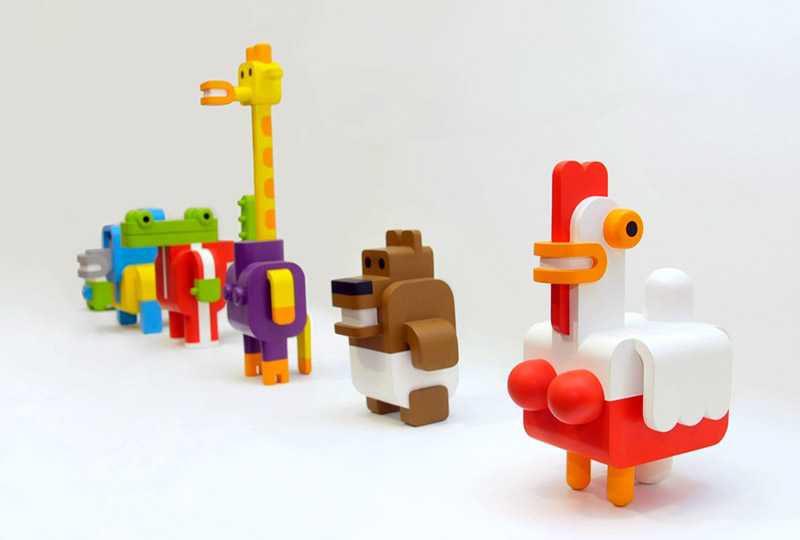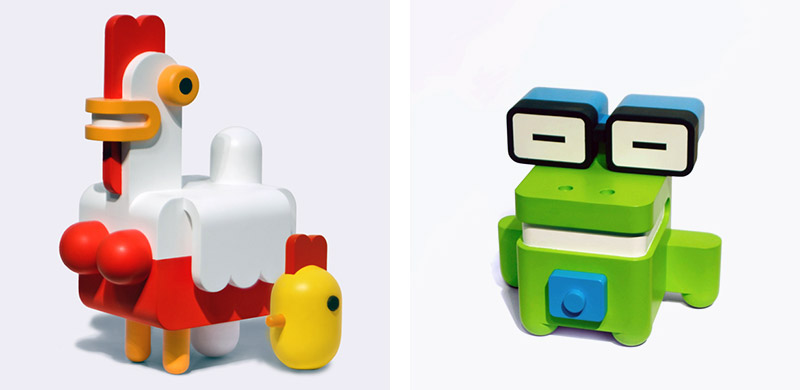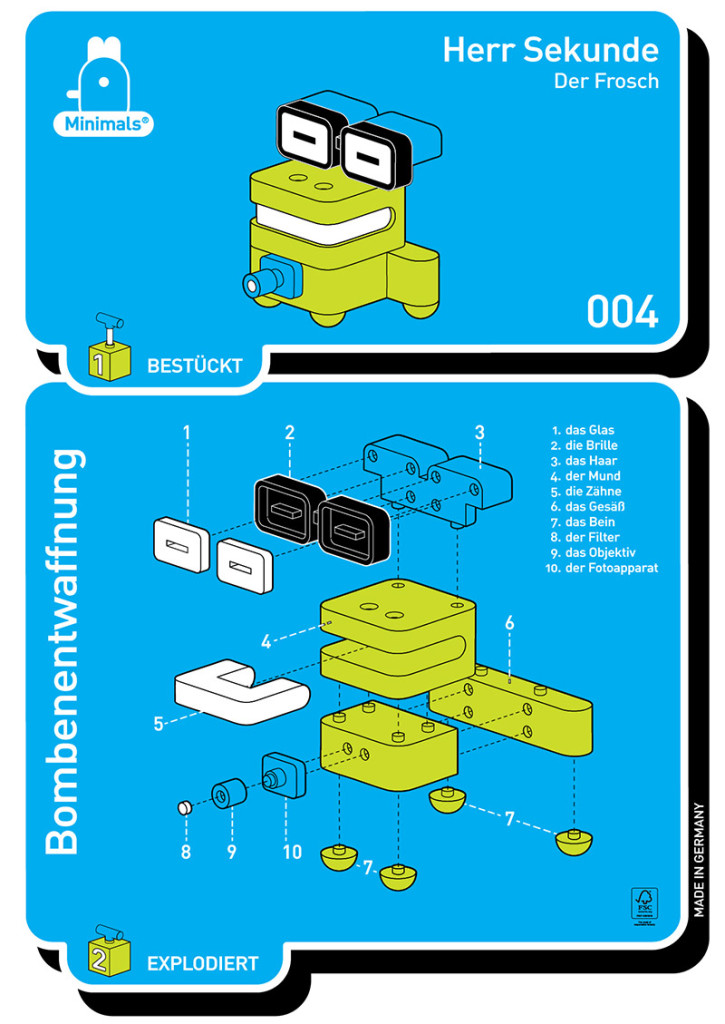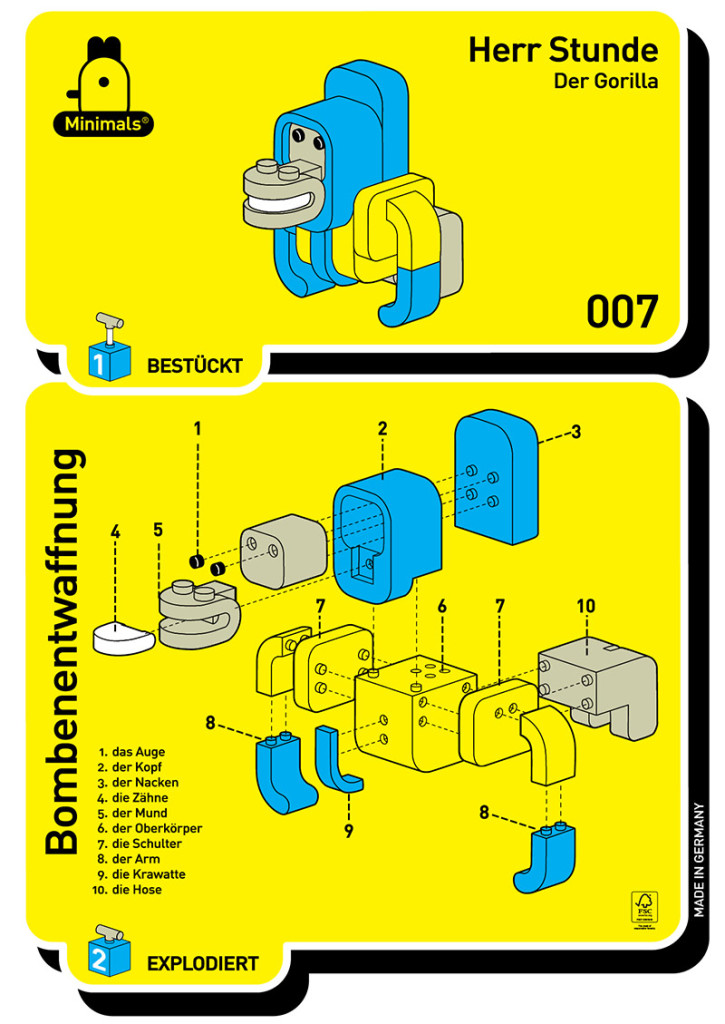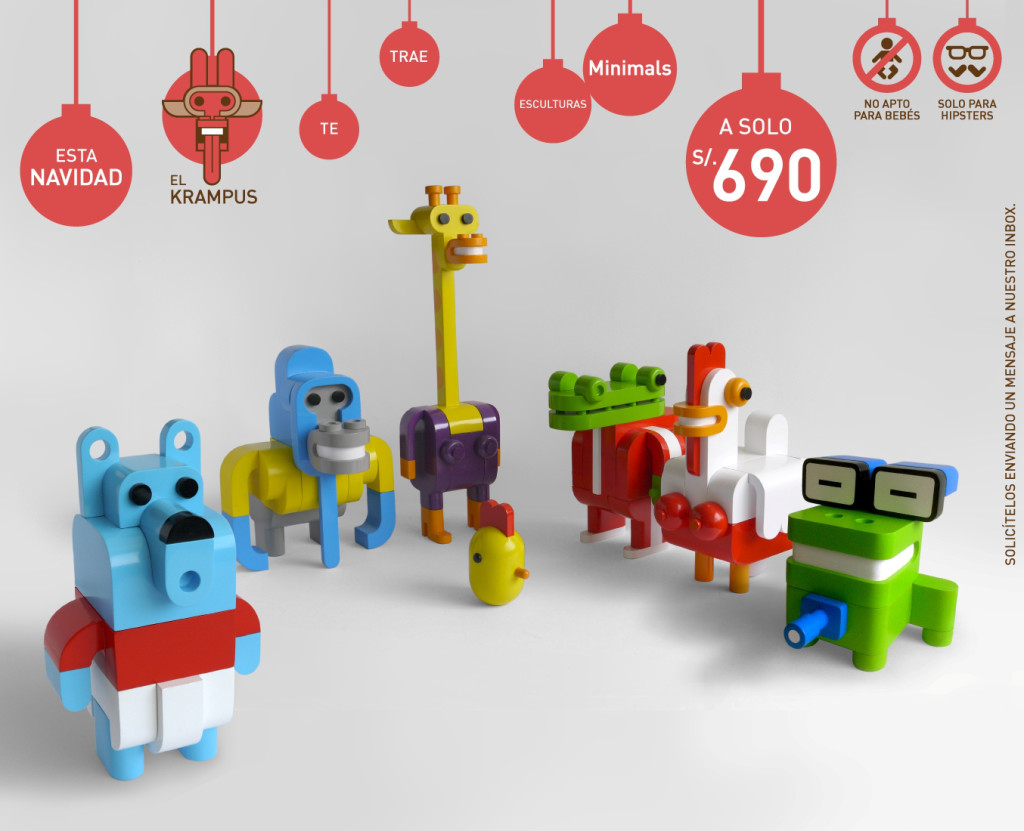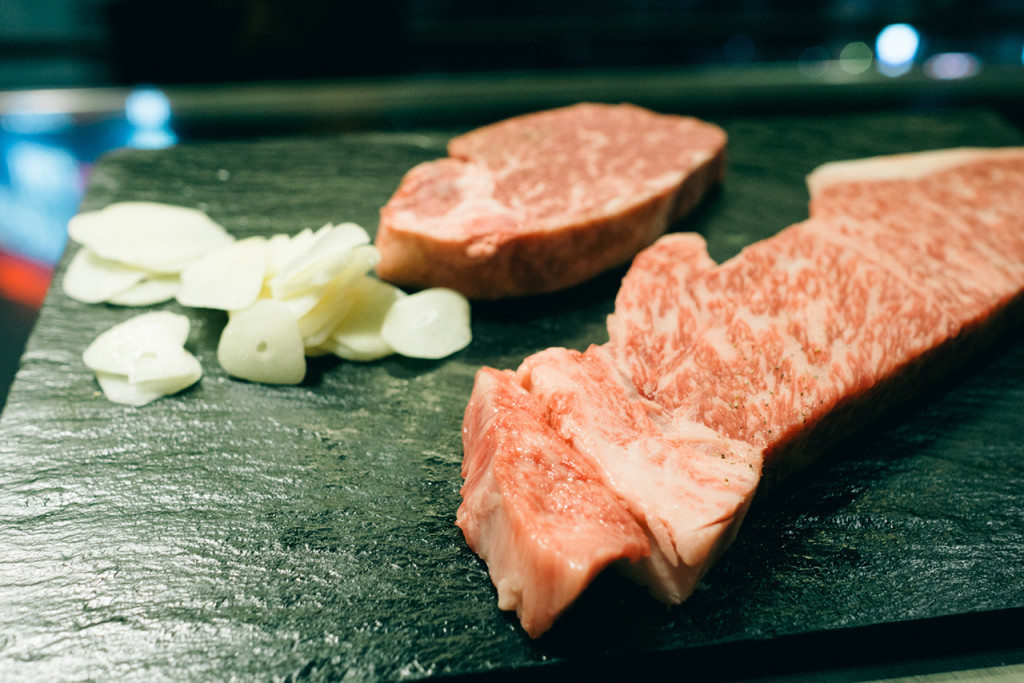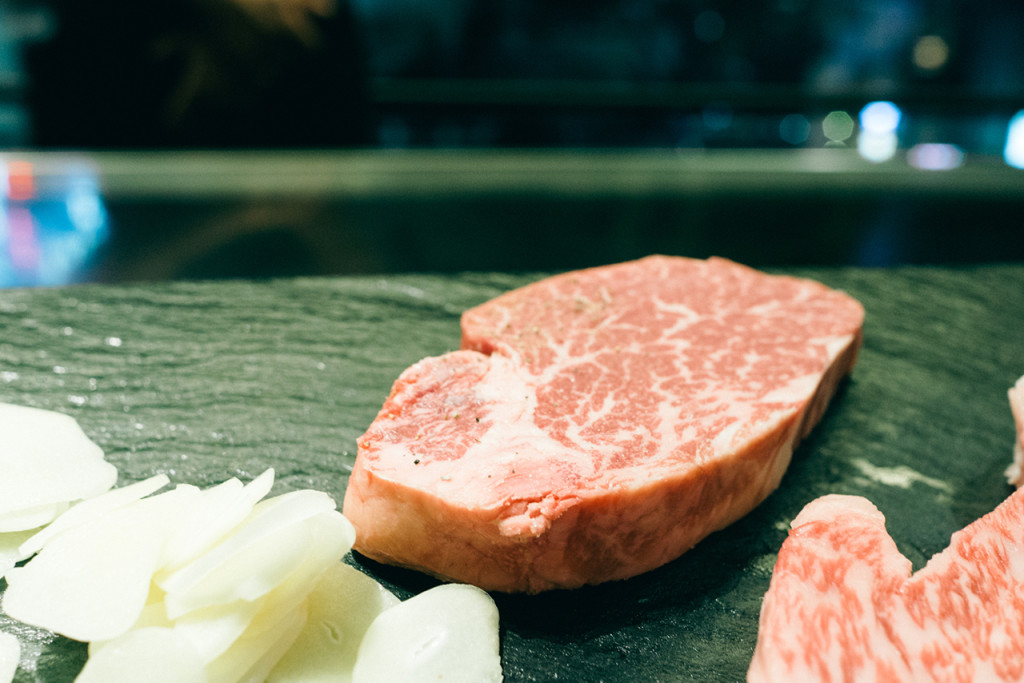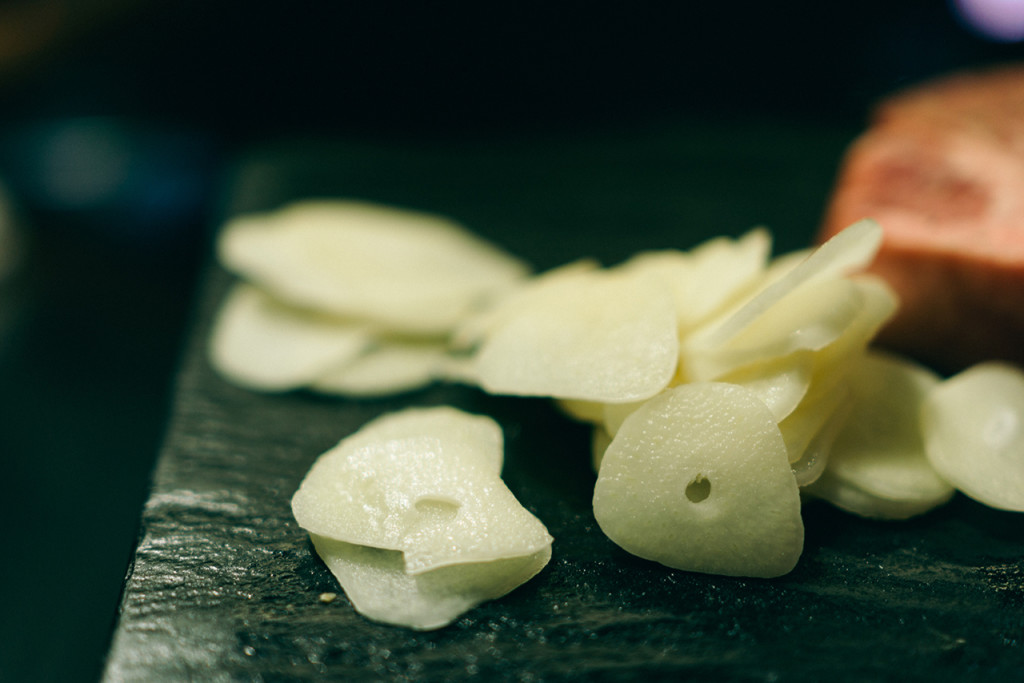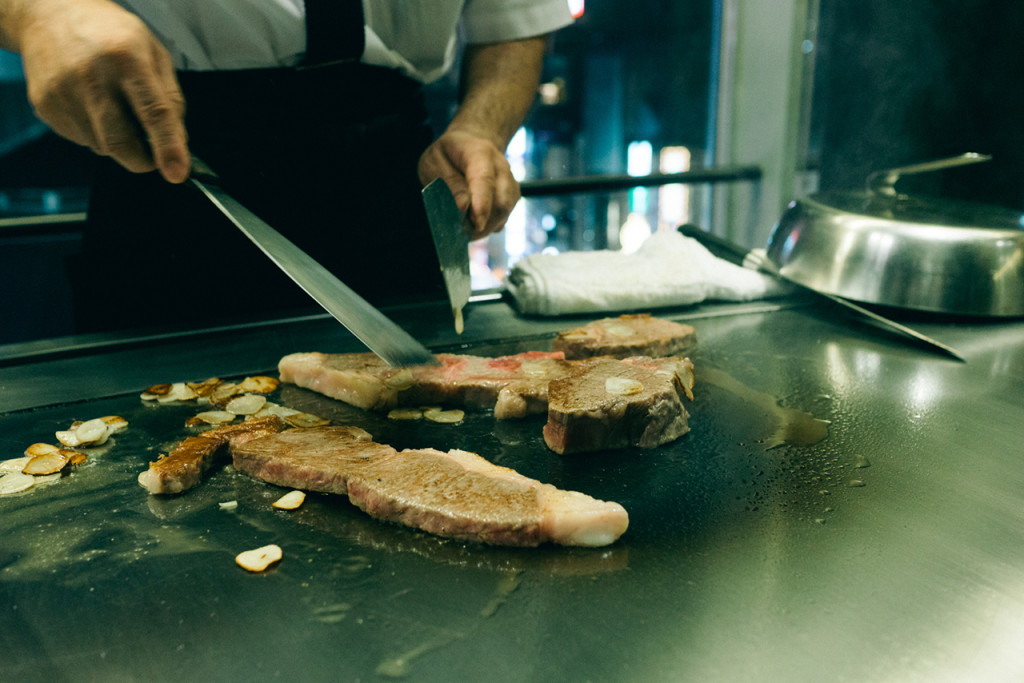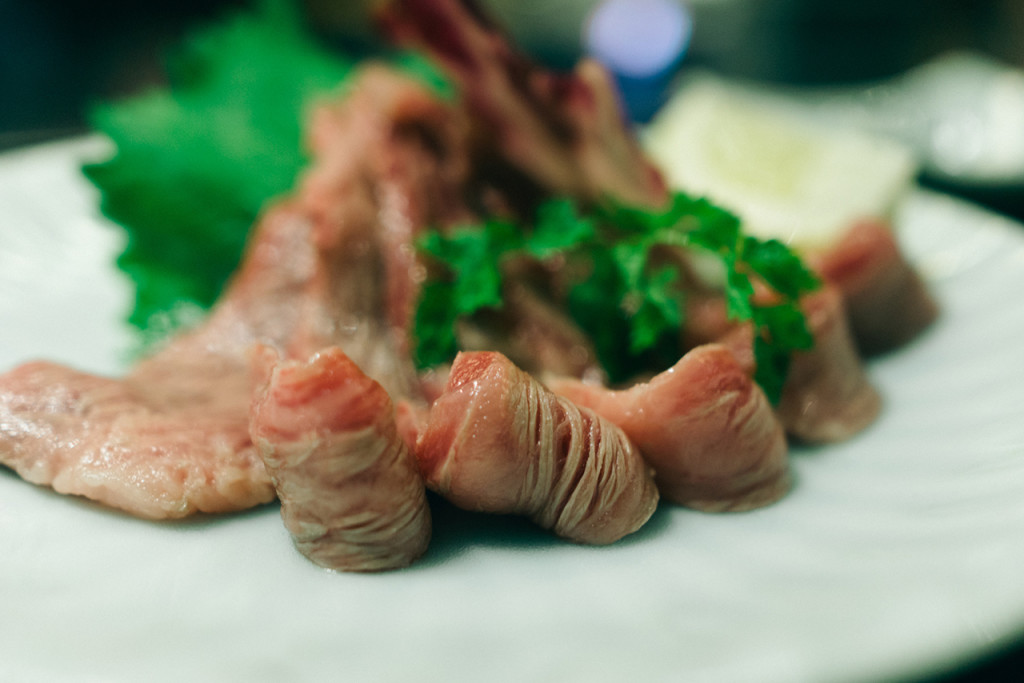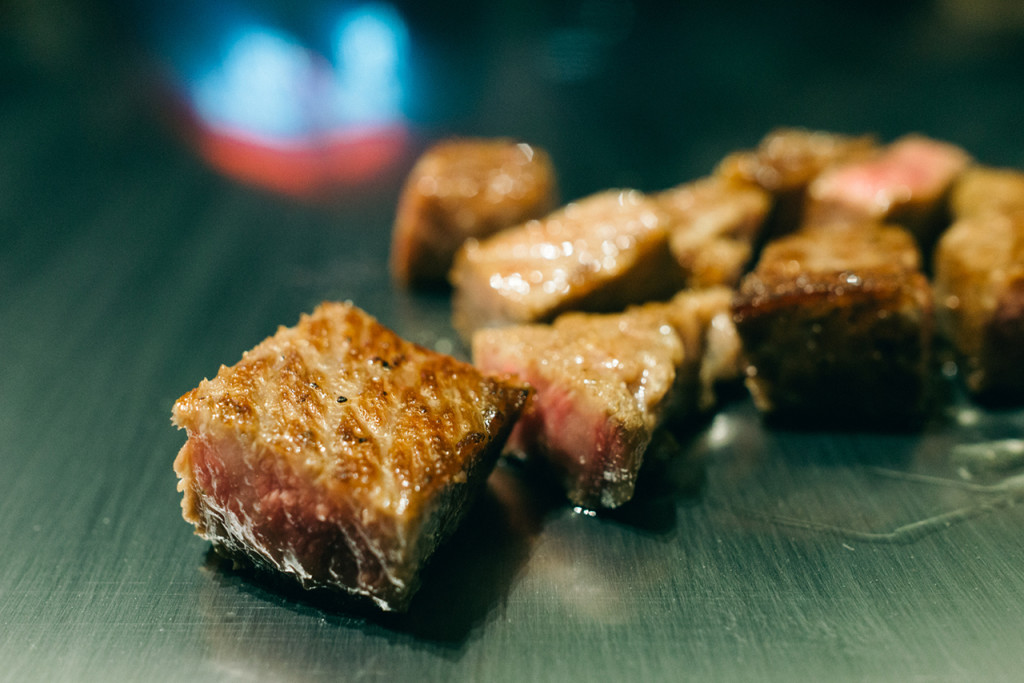Author Archives: Luke Norris
LeBron James 1 Hour Workout
Internet Cats are Reborn as Embroideries Peeking Out of Shirts
The Nara-based artist began creating clothes as a hobby, mainly for her family. “My son was of a smaller build and store-bought clothes wouldn’t fit him well so I would often make him clothes,” explains Kubota. “It was actually at his request that I began embroidering cats.”
As it turns out, Kubota’s son is somewhat of a cat fanatic and enjoys collecting images of cute cats he finds on the Internet. His favorite ones would become models for embroideries.
After posting her creations online they quickly went viral (like most Internet cats do), prompting Kubota to open an etsy shop 6 months ago. Despite the hefty price tag for a shirt ($250 – $300) she quickly racked up 15 sales and her current inventory is looking a bit slim.
Watch the Incredible Forest Ski Segment from Ski Film Valhalla
Filmed over the course of two years, this incredible “Forest Ski” segment from the highly-acclaimed ski film Valhalla shows skiers doing backflips through old growth trees, and huge airs over raging summer creeks, all without any snow.
Adrianne Ho Showng Off Fashionable Fitness + Positive Health
Adrianne Ho recently launched a new lifestyle website, Sweat The Style, dedicated to fashionable fitness, natural beauty, positive health, and real food.
Nychos: Snake Bait
Ruyi Dumpling & Wine Bar by Hecker Guthrie Melbourne
Ruyi Dumpling & Wine Bar opened its fabulous Hecker Guthrie designed doors earlier this month in Melbourne. The 56 seater restaurant is a union of beautifully presented contemporary Chinese food, exceptional design and modern restaurant culture. Translating literally to ‘as you wish’, the name Ruyi derives from a Chinese heirloom symbolising power and good fortune.
The interior palate by Hecker Guthrie is a very specific nod to traditional Chinese crimson and jade colours, in a modern context which utilises oxblood accents and sage tones. The restaurant’s design is a contemporary approach to traditional Chinese colour palettes and textures, with restrained and sophisticated spaces. “Dumplings are such simple fare and so the fit out needed to have a sense of simplicity and earthiness to compliment this. We didn’t want the design to scream China; instead we wanted to subtly hint at the distinctly Asian influence” says Paul Hecker, principal of Hecker Guthrie.
BMW i8 Key Design
The innovations contained in the upcoming BMW i8 extend even to the key fob, which is made with eco-friendly materials like biopolymer (made with castor bean oil and glass fiber). But what’s really unique about the device is its built in functionality, featuring a high-resolution LCD display showing measurements like charge levels, time on charge or the distance the vehicle can travel before needing to recharge. Another feature will allow the i8′s pre-conditioning to be turned on or off. More than just a key fob, it’s something of a small smartphone for your car. The BMW i8 is scheduled to launch in the first half of next year.
Drone Survival Guide
Created by Amsterdam-based designer Ruben Pater, the Drone Survival Guide(big pic) is, on one side, a rough bird watcher’s guide to the modern robot at war. The other side is a short section of printed survival tips, and the guides are available in Pashto, Dutch, German, Italian, Indonesian, Arabic, and English.
“Our ancestors could spot natural predators from far by their silhouettes. Are we equally aware of the predators in the present-day? Drones are remote-controlled planes that can be used for anything from surveillance and deadly force, to rescue operations and scientific research. Most drones are used today by military powers for remote-controlled surveillance and attack, and their numbers are growing. The Federal Aviation Administration (FAA) predicted in 2012 that within 20 years there could be as many as 30.000 drones flying over U.S. Soil alone. As robotic birds will become commonplace in the near future, we should be prepared to identify them. This survival guide is an attempt to familiarise ourselves and future generations, with a changing technological environment.”
Foot Locker Cancels Nike Air Yeezy 2 Red October Launch
Only a few days ago, Footlocker shared details of its imminent December 27 online release of its red Nike Air Yeezy II. Other release information was heard globally as well, including JUICE Hong Kong’s drop. But in what has become indicative of the whole Red Nike Air Yeezy II story, more changes have surfaced with no concrete details. Footlocker has since announced the cancellation of its December 27 drop, and JUICE as well as seen its release cancelled. For China, Nike is set to release it online in the region via a Nike China online-only release (which may or may not go through). One thing that comes to mind, can Nike continue to label the shoe the “Yeezy” or is there more to it?
The History and Future of Everything — Time
How much time do you have left?
Time makes sense in small pieces. But when you look at huge stretches of time, it’s almost impossible to wrap your head around things. So we teamed up with the awesome blog “Wait but Why” and made this video to help you putting things in perspective with some infographics!
This video has been a collaboration of KURZGESAGT & WAITBUTWHY!
WAIT BUT WHY: AN AWESOME BLOG that shows you new perspectives on your life. Visit them, tell them hi from us! 😀 Trust us, it is worth your time!
Masaaki Homma of mastermind JAPAN
Masaaki Homma of mastermind JAPAN
New York City, United States.
Photographer: Youngjun Koo/HYPEBEAST
Minimals – a series of modular toys by Sebastian Burga
Peruvian designer Sebastián Burga has created a playful set of toys called Minimals, which are sort of like LEGO-inspired figures. Made up of colorful blocks, you can put these odd characters together in just a few simple steps.
The name derives, at a time, from the word “Minimalism” and the contraction of “Mini-Animals”. Certainly, they’re set out to expose the essence of toyness through eliminating all non-essential forms, features and concepts. Together, they create a pantone of colors, animals, clothes, styles and archetypes, encouraging people to find themselves between them.
As you can see from the images above and below these figures are full of personality, and Sebastián has done a great job of brining that fun into every aspect of the branding, even the directions to put them together. You can see a ton more photos of the Minimals by clicking here.
Going to the Source for Kobe Beef at Misono’s
HYPEBEAST Road Trips Japan –
Figuring Out the Real Deal
Kobe is a very specific breed of wagyu which translates to Japanese cattle or Japanese cow. Wagyu itself is not a breed, but rather an overarching term for breeds of cattle that originate from Japan. The breed of Kobe beef is known as Tajima-gyu, of which there are only 3,000 heads of certified cattle in the world and none outside of Japan.
Ironically, Kobe beef isn’t even considered the best beef in Japan. For a lot of connoisseurs, the Tottori Black and Kumamoto Red bulls, both Wagyu class cows, are considered superior.
“What about those Kobe sliders I ate in Vegas?” Bogus beef. “The $250 Kobe beef steak I ate at that celebrity chef’s restaurant?” Faking the funk. Due to lenient food laws around the world, people are allowed to label things as “Kobe” without them having to actually be the real deal. In fact, in the U.S. they can call things Kobe if the cow is crossbred and modified with Japanese cattle. From 2010 till August 2012, no one in the U.S. was eating any Japanese beef, which was outlawed due to an outbreak of foot and mouth amongst Japanese cattle. The law has been relaxed allowing limited import, but none that is Kobe beef. Also, “American Style Kobe Beef” is altered to be more palatable for the U.S market as the Japanese version has been deemed “too rich.” So what you’ve been eating and paying a serious premium for is most likely an imitation of the real thing.
Since the United States as a whole apparently doesn’t display the same level of OCD as Portlandia portrays, we really don’t know what we’re eating, and we rarely seem to question it. Real Kobe beef sold under Japanese law comes with a 10-digit identification code so customers know what particular Tajima-gyu cow it came from. American Kobe… not so much.
“THE BREED OF KOBE BEEF IS KNOWN AS TAJIMA-GYU, OF WHICH THERE ARE ONLY 3,000 HEADS OF CERTIFIED CATTLE IN THE WORLD AND NONE OUTSIDE OF JAPAN.”
The Original Teppanyaki
In Kobe, the beef is produced under some of the strictest food standards in the world. It not only requires a pure bloodline – no cross breeding – it must be born in the Hyogo prefecture and raised locally its entire life. It must also be a bull or virgin cow, which takes longer to raise, causing the rise in price, and is processed in a Hyogo slaughterhouse – none of which are USDA approved – then pass a strict government exam, which involves trademarks and patents.
So we did what any food-obsessed group of friends would do: we went to Kobe to splurge on the real deal.
We found ourselves at the Misono building to dine at Steak Misono: The Original Teppanyaki, which overlooks Kobe’s cityscape out onto the harbor. Established in 1945 by Shigeji Fujioka (1909-1999) as “the first iron plate grill steak restaurant” – the iron plate’s 20mm thickness enhances the beef’s taste with even cooking and due to the lack of open flame ensures no flare-ups when cooking the fat-rich beef. It also holds the title as the first place to “pair garlic rice with steak.”
Our beef was “carefully selected beef, genuine Japanese black cattle, less than 24 months old” and was graded by the Japan Meat Grading Association. At Misono they use short loin cuts as they deemed them to have “better nutrition and taste” and of course, extensive marbling, which practically melted at room temperature.
Considering most of us could easily polish off 400g on our own, and Eugene could probably inhale 1,000g in his sleep, we showed incredible restraint as we decided to start slow. The party of four ordered a total of 400g (approximately 14 ounces) of Kobe beef sirloin steak at ¥9,450 JPY (approximately $91 USD) per 100g (approximately 3.5 ounces), 400g (approximately 14 ounces) of the Misono special fillet steak at ¥5,250 (approximately $51 USD) per 100g (approximately 3.5 ounces), one order of chilled sliced beef, and two portions of garlic rice to share.
“IT NOT ONLY REQUIRES A PURE BLOODLINE – NO CROSS BREEDING – IT MUST BE BORN IN THE HYOGO PREFECTURE AND RAISED LOCALLY ITS ENTIRE LIFE. IT MUST ALSO BE A BULL OR VIRGIN COW, WHICH TAKES LONGER TO RAISE, AND IS PROCESSED IN A HYOGO SLAUGHTERHOUSE”
The Meal
The sight of the raw beef alone made me salivate. It looked vibrant, almost alive in a surreal way as the white marbling popped against its bright red hue. When it hit the hot iron grill, it was game over. My jaw went slack and my eyes glazed over once I caught a whiff of that succulent beef. I looked over at Nicole (That Food Cray!!!) and we both silently agreed that it smelled like heaven, only better.
Our chef gently and quickly cooked out beef with precision while constantly basting it in a puddle of its own heavenly fat. He also utilized a kettle-shaped lid, another Misono invention, which used heat convention to make sure the meat was perfectly grilled and tender.
As he sliced and divvied up our portions, we hungrily reached for our first bites and almost in unison, let out a sigh. I immediately wanted to eat the whole cow. Who could ever mock the Japanese again for their ways which may or may not included them feeding their cattle beer, massaging them down with sake, and making them listen to classical music in order to create such unbelievable marbling after having tasted genuine Kobe beef? Not me.
We greedily and happily devoured each piece in silence as the chef continued to prepare the different elements of our meal. The Kobe was delectable – like nothing I had ever had before – but the special filet was equally mouthwatering and possibly more flavorsome, and the crispy slices of garlic that accompanied it were perfect. The cold beef was also a pleasant surprise.
By the time we had finished our garlic rice, the rich beef fat had lined our stomachs and we were remarkably full. Turns out our table of seasoned eaters were easily satiated with just 200g per person. Although matters of taste are always subjective – especially when it comes to food, with our wallets noticeably lighter – our bellies full of meaty goodness, and a bucket list item successfully checked off of all of our lists, we left Misono already plotting our return for lunch the next day.


